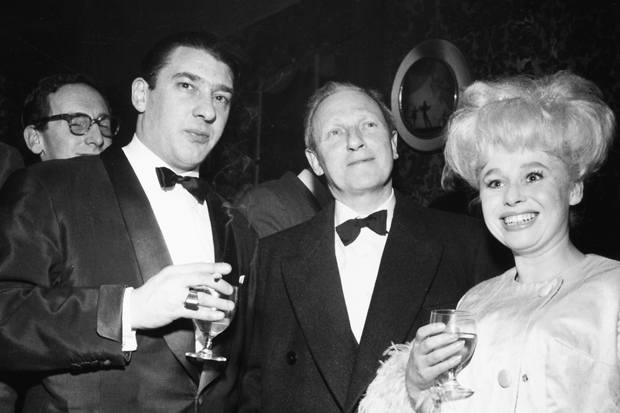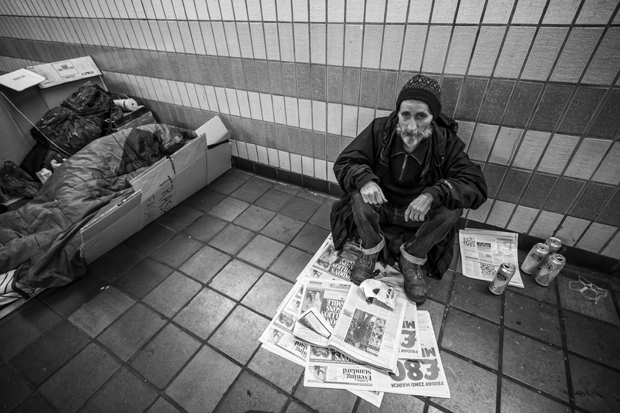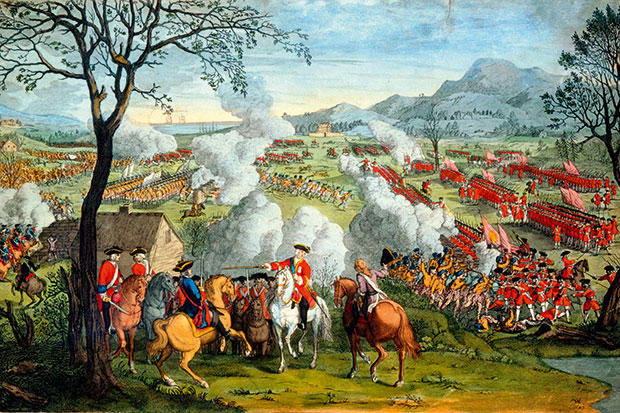Who would you trust to take a blade to your brain? Medical schools and hospitals, arbiters of this outrageous intimacy, select the steadiest hands and the steadiest temperaments. Neurosurgery has an almost religious aura, an intellectual status approaching quantum physics and a work ethic of unforgiving precision. Most elusive of all, this elite should be able to express the pleasures and pains of being human. Ian McEwan’s fictional neurosurgeon, Henry Perowne, is suspicious in his indifference to literature, whereas Henry Marsh, neurosurgical consultant and author of Do No Harm, has earned respect through his elegant prose. To take care with words is invaluable in the heroic efforts of preserving personhood.
Paul Kalanithi was to become one of these rare surgeon-storytellers. After studying English at Stanford, then history and philosophy of science at Cambridge, medicine was a calling he heard late. Intrigued by man’s finitude, he believed that psychiatry would trump the humanities in getting to the essence of what really matters. But as a medical student at Yale, neurosurgery won his loyalty as a more direct ‘manipulation of the substance of our selves’. He returned to Stanford for the eight-year ‘black hole’ of surgical residency. ‘You can’t see it as a job,’ he said of his beloved profession, ‘because if it’s a job, it’s one of the worst jobs there is.’
Long days and interrupted nights forced Kalanithi to shelve his plans as a writer, applying his aesthetic sensibilities instead to the art of closing stitches. Finally, at the age of 36, ‘the Promised Land’ of a professorship was in sight. But just before graduation, in the timely fashion of Greek tragedy, he was diagnosed with stage IV lung cancer. Never a smoker and with no known risk factors for malignancy, one of the few things he was unqualified to be was a patient. Confused rather than comforted by his own blamelessness, Kalanithi resisted the costume change from his surgeon’s scrubs to a patient’s gown, from ‘actor to acted upon, from subject to direct object’.
The progression of Kalanithi’s illness goads us to exclaim with childlike simplicity, ‘It’s just not fair.’ The book’s two most painful scenes show that cancer affronts our deepest instincts for the pace and order of how life’s rites of passage should take place. At the birth of his daughter, Cady, Kalanithi watches supine on a hospital cot, his skeletal frame by his wife’s side. In that same hospital, eight months later, he removes his life-sustaining oxygen mask, Cady in his arms, while his own parents watched over their dying son. The book’s closing pages skilfully reenact the lulls and accelerations of hospital time, distorted rhythms which Kalanithi knew well.
Throughout, his oncologist, Emma, is as much a confidante as an expert. Refusing to assume control, she waits to be entrusted with it. She has one rule: there will be no discussion of the Kaplan-Meier curves that predict survival. These plotlines of medicine claim to foretell how a diagnosis is likely to play out. Ignoring where the graph points, she encourages Kalanithi to be the author of his remaining days, driven by his personal priorities rather than statistics. Kalanithi’s life resumes. For a while, medications hold the tumours in check. He finishes residency. He finds solace in the literature he loved in his youth. Though he does not survive to deliver a completed manuscript, thanks to Emma, he has written enough.
It’s all too familiar advice that only an examined life is worth living, but how to live so that death becomes meaningful is unclear. Medicine offers one solution, embodied by the student sitting countless exams in pursuit of the truth. The psychological and tacit knowledge afforded to the patient who lies beneath the examining hands of a physician might be another. Or maybe examination is best done in solitude. Our shared search for answers is reflected in the public’s appetite for books on doctoring (Atul Gawande), books by patients (Christopher Hitchens) and books about mortality (Julian Barnes). When Breath Becomes Air speaks with the combined authority of these three genres, but its message stays humble. Death is a process eased by the guidance of others, but it remains a challenge for which we cannot be rehearsed.
Got something to add? Join the discussion and comment below.
Get 10 issues for just $10
Subscribe to The Spectator Australia today for the next 10 magazine issues, plus full online access, for just $10.
Available from the Spectator Bookshop, £10.99. Tel: 08430 600033
You might disagree with half of it, but you’ll enjoy reading all of it. Try your first month for free, then just $2 a week for the remainder of your first year.














Comments
Don't miss out
Join the conversation with other Spectator Australia readers. Subscribe to leave a comment.
SUBSCRIBEAlready a subscriber? Log in